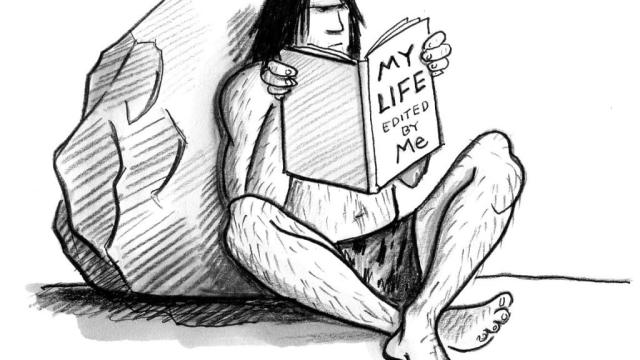The New American Dream: Prolonged Individuality

Plummeting economic prospects for working-class Americans have resulted in an epidemic of unstable interpersonal relationships, according to Andrew Cherlin, a scholar at Johns Hopkins University.
Combined with shifting cultural norms more tolerant of cohabitation, it means more children are growing up in less stable homes.
Americans with a high school diploma but no college education constitute more than half of the nation’s workforce. Not only are their economic lives suffering as a result of losing factory work, which had once been so reliable, but they must cope with personal lives in a new social context.
Cherlin explains that as new values began moving from the middle-class to the working class, a sense of self-satisfaction more akin to therapeutic wellbeing created a more individualistic society:
“People talk a lot about American individualism. In the old days it meant working hard, striking out on one’s own, succeeding in your career. Today it often means striving for personal growth, individual development, a happier sense of self.”
That individualism could have dangerous knock-on effects throughout society unless new investments are made in institutions that teach skilled-labor, as well as making higher eduction more accessible.
Andreas Schleicher, Acting Director for the Directorate of Education and Skills and Special Advisor on Education Policy to the Secretary-General at OECD, discusses how education can help students meet the challenges of today:





